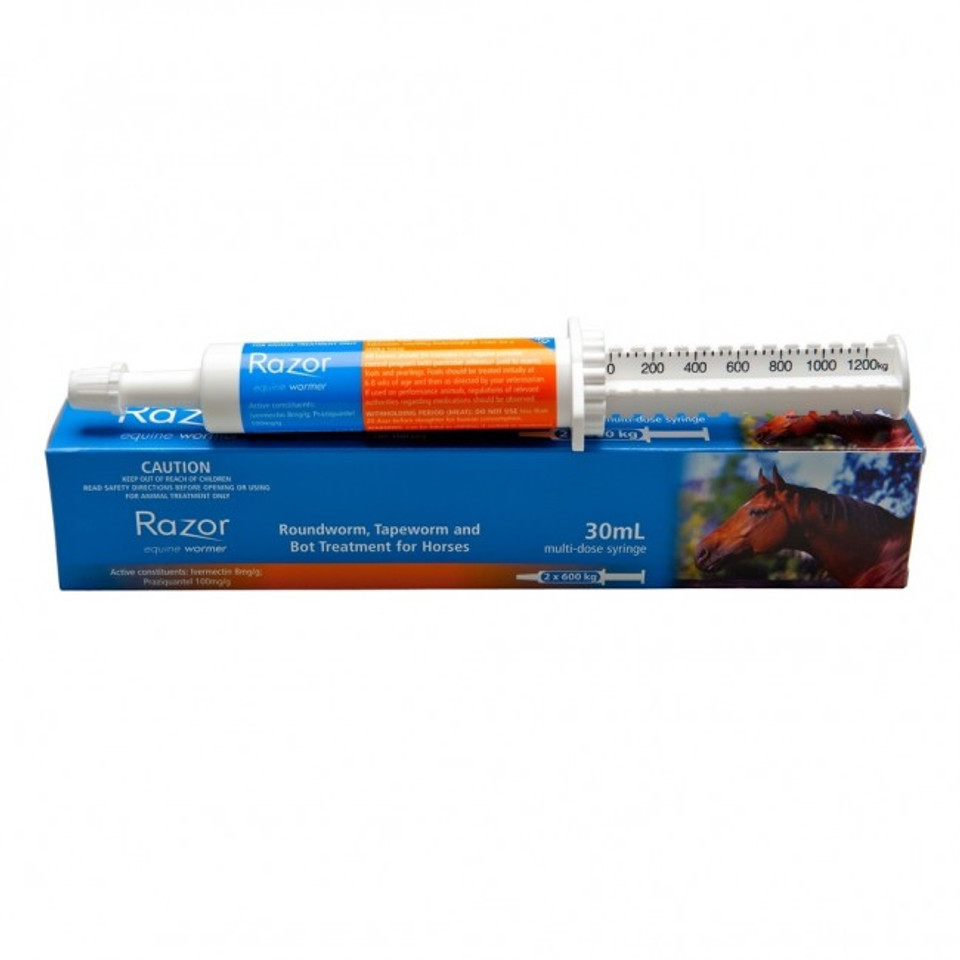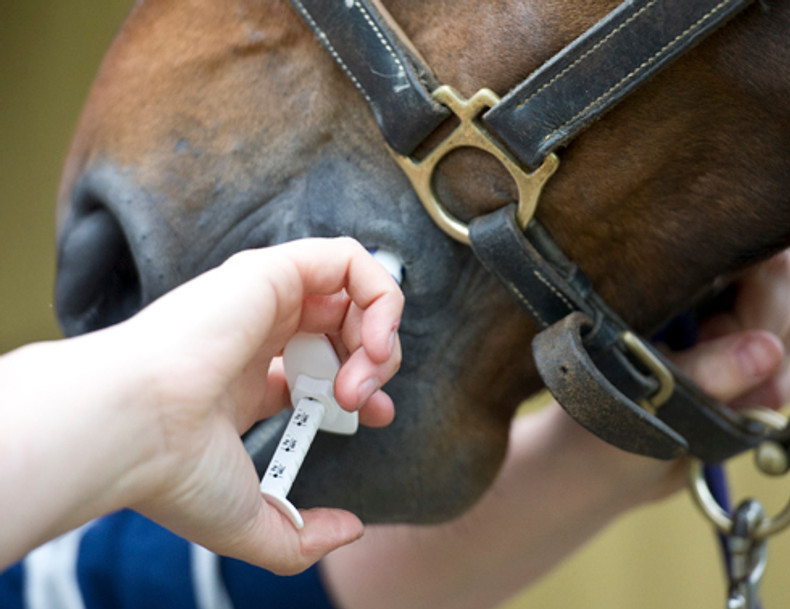Faecal Egg Counts – FEC
Everyone has probably heard of them but maybe you haven’t felt that your horses need to be tested- after all, you worm them regularly! However, that is exactly why you should have a faecal egg count done.
It used to be that all horses in a paddock were wormed at the same time and wormers would be routinely rotated, due to the growing resistance to current wormers available, and recommendations about worming ever evolving. Not every horse needs to be wormed all the time especially if they have a low egg burden, whereas other horses in the group might be high shedders and do need a regular worming program. Not only will this help with not having to outlay money on unnecessary wormers, but it will also help you determine if you are using the correct wormer and at the right time.
What is a Faecal egg count (FEC)?
- A fresh sample of your horse’s manure that is analysed under a microscope for worms. This determines the number of worms in the sample and the type
- When checking the sample, they are looking for Small Strongyles or Cyathostomins which are the worms of most concern
- Recommended not to test horses under 3 years of age, they are still developing and are treated as high shedders, they don’t yet have a strong immune system like older horses and are more susceptible to parasites
Why do a FEC?
- Check the effectiveness of your wormer and worming program
- To determine if your horse even needs worming and what their worm burden is
- Identify high shedders which may be contaminating pasture and treat accordingly
- Decrease use of wormers and help lower costs
- Help combat resistance to the current wormers available
When to test
- Recommended to test all your horses at least once a year (more regularly if you have high worm burdens)
- Best done prior to worming or 14 days after worming
How to Test
- Contact your vet to discuss your worm program and to organise testing for your horses, they will provide instructions on what you need to do
- Alternatively, there are FEC kits that can be purchased online that provide everything you need and detailed instructions
- Collect a sample of fresh faeces from each horse being tested
- Place individual samples separately into either a clean container or zip lock bag
- Put in a refrigerator (can last for up to 4 days) or cold container until sent to be tested
Test Results and what they mean
- High Shedder – greater than 500 eggs per gram, high risk and horse needs worming. A second test referred to as a Faecal Egg Count Reduction Test is recommended 2 weeks after worming to ensure the wormer administered has worked
- Moderate Burden – 200-500 eggs per gram, small risk, discuss this result with your vet to determine if your horse needs worming from these results.
- Low Burden – less than 200 eggs per gram, acceptable level and there is no need to currently worm your horse, and going forward can potentially be wormed less frequently
Things you can do to minimize worms
- Develop a worming program in conjunction with your vet to suit your situation, no single program suits every horse.
- Remove manure from paddocks where practical to help reduce worm eggs in the pasture
- Do annual faecal egg counts (more regularly if need be) to make sure your worming program is working and effective
- Worm all horses at least once a year regardless of count to make sure you are treating for other worms such as Tapeworm. This is ideally done in autumn with a Praziquantel based wormer


